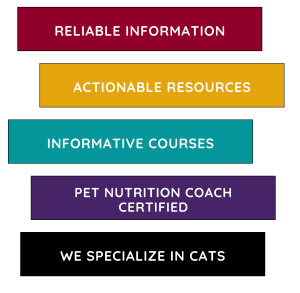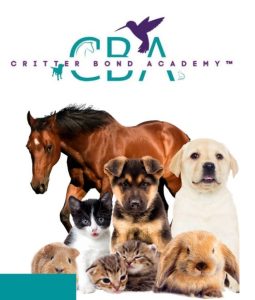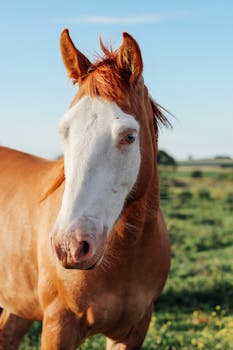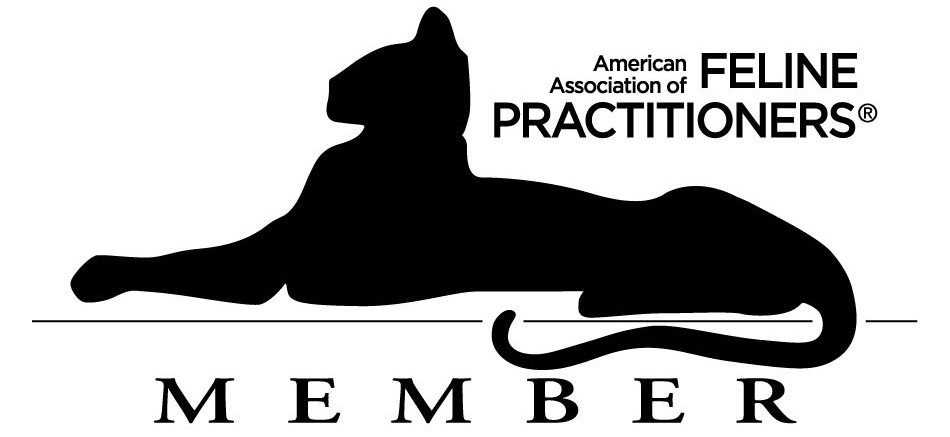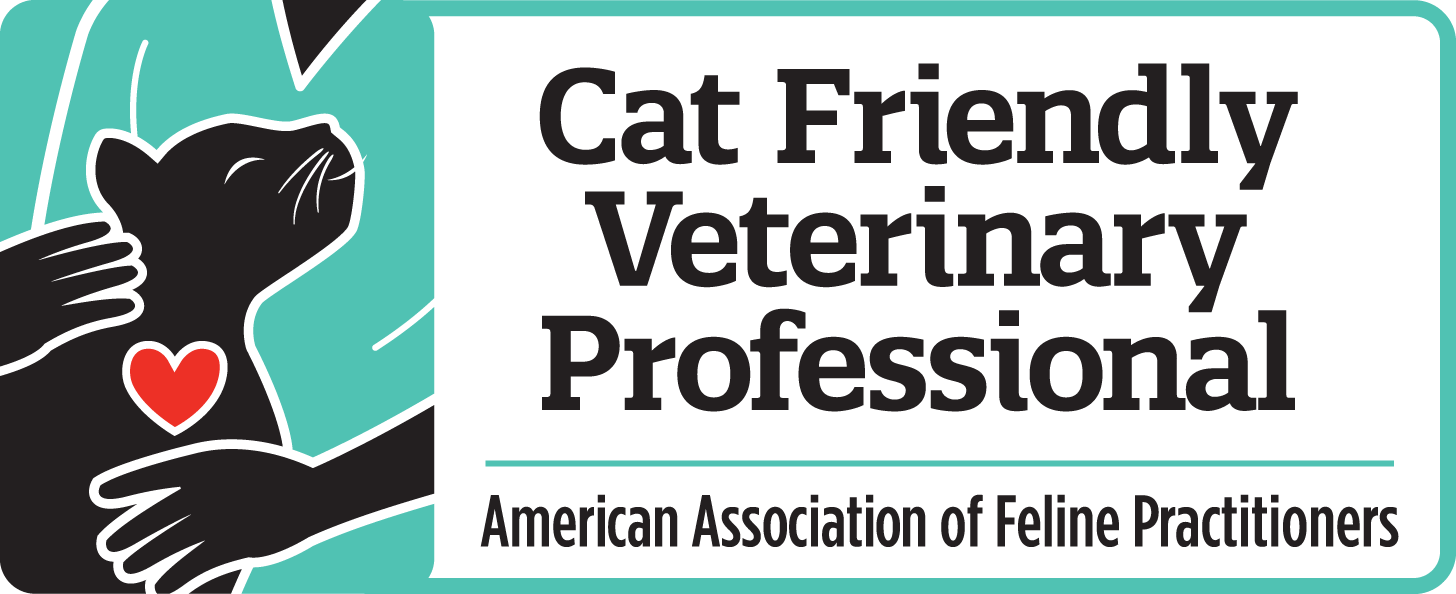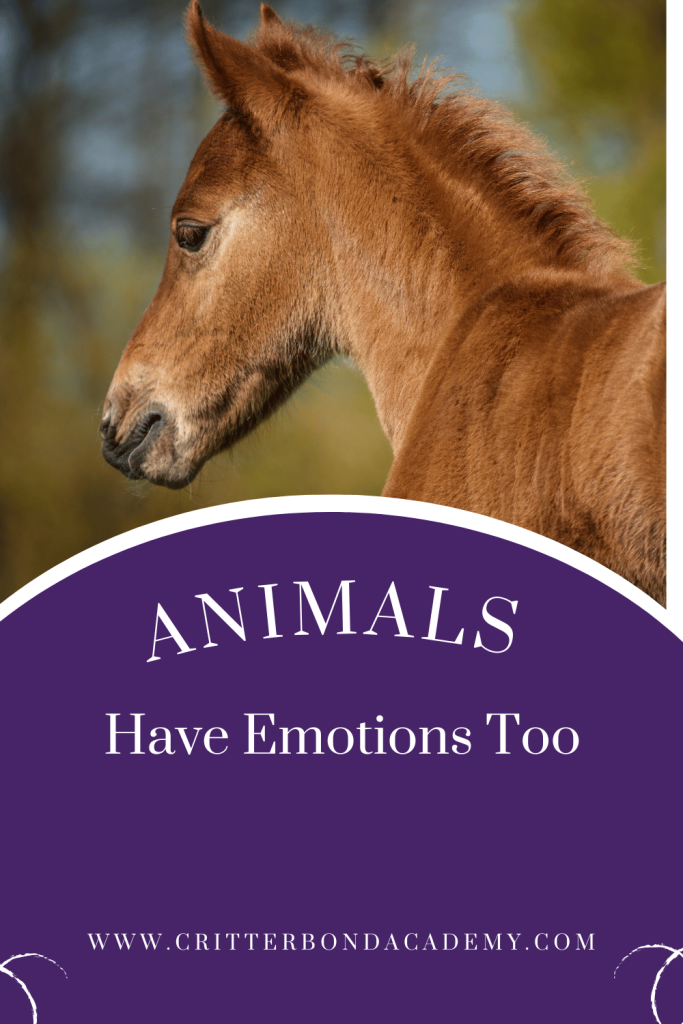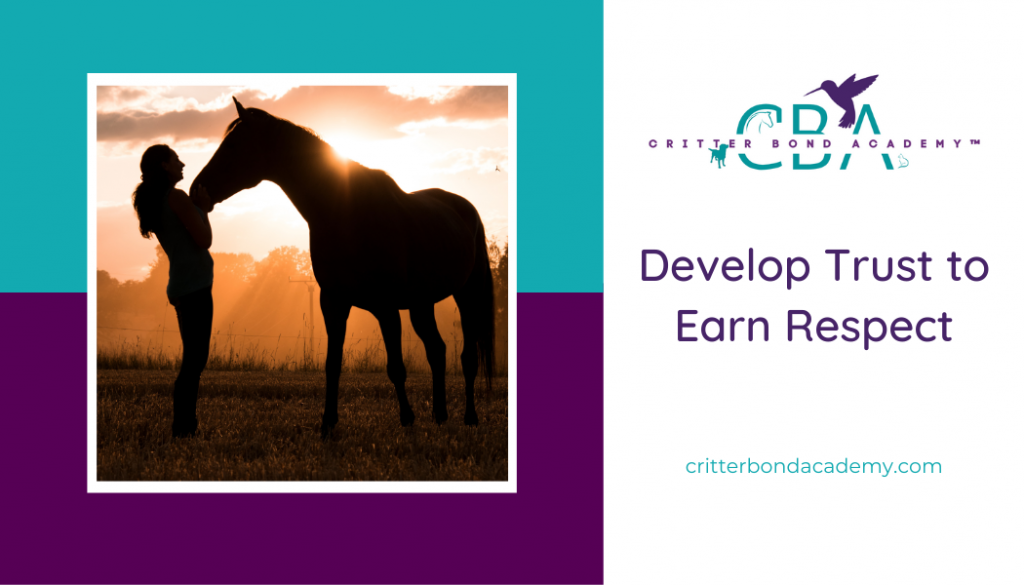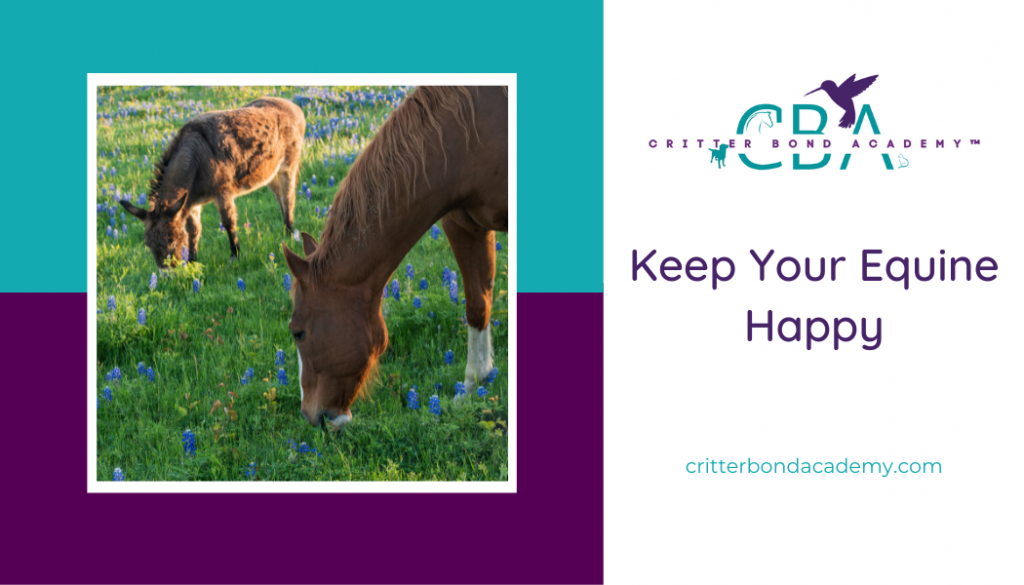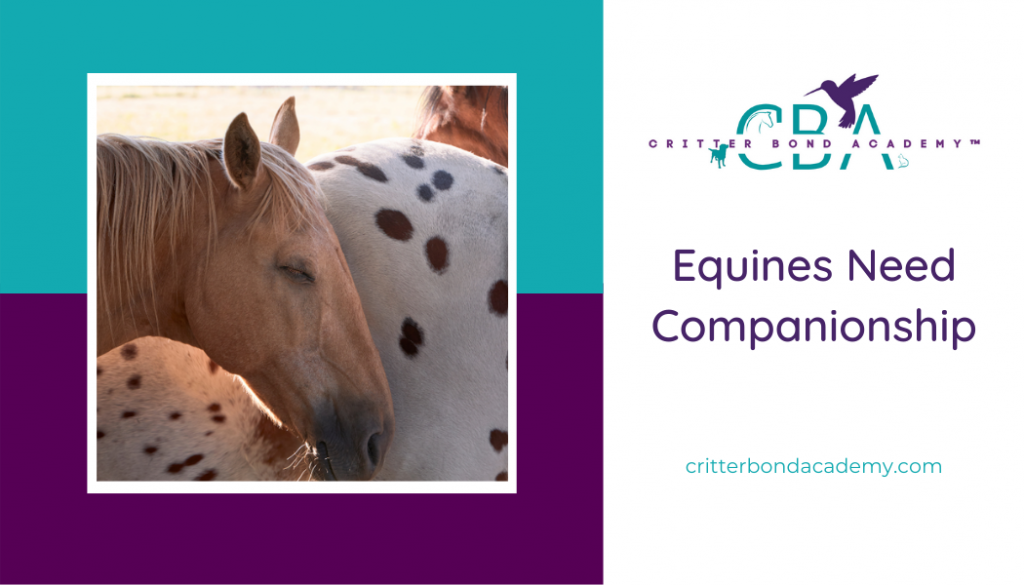Animal Behaviour Courses and Clinics
Evidence-Based
Our content and resources are based on science, experience, and backed by evidence. One of our goals is to protect your critters by debunking myths, discrediting misinformation, and challenging AI-generated content. Whether you are a professional, caregiver, or someone thinking about adopting a critter, our resources will help!
Animal Behaviour
Understanding how our behaviour and environment affect an animal is critical to ensure their quality of life. Instead of focusing on whether a behaviour is a problem, we focus on what an animal is attempting to communicate. That’s why we created the Critter Bond Academy. We help caregivers just like you to develop a stronger bond with your critters!
Informative Articles
We take our responsibility to provide authentic information seriously, and that’s why our articles are written with the utmost professionalism. We don’t write to gain popularity, fame, or to sell a product; instead, our mission is to improve the lives of caregivers and their critters around the world.
CBA Cat School
We specialize in cats for a variety of reasons, but particularly because of the lack of consistent, reliable, and evidence-based education that is accessible to caregivers and professionals alike. CBA Cat School provides a growing library of resources reporting on new research, nutrition, health, and the behavioural needs of cats. We also take on the responsibility of debunking myths, addressing misinformation, and providing clear and concise guidelines to help your feline bestie.
Our Mission is Simple
We coach caregivers just like you to create a strong bond with their animals.
A strong bond improves your connection with your critter and resolves many behavioural and health issues. Our mission is to help caregivers understand how their behaviour, intentions, and expectations reflect on the emotional and physical well-being of animals, and provide them with the resources to inspire a better bond.
We Practice L.I.M.A
LIMA (Least Intrusive, Minimally Aversive) refers to a training approach where the least invasive methods are used to achieve behaviour change. Those who adhere to LIMA principles prioritize humane and effective methods, requiring extensive training to minimize the use of intrusive techniques. LIMA does not endorse the use of punishment and focuses on effective interventions which cater to an animal’s welfare needs. For example, concentrating on the animal’s environment, health, and positive reinforcement strategies, such as differential reinforcement, desensitization, and counter-conditioning, can achieve most behaviour changes.
We Advocate for the Welfare of all Critters and Practice the Five Freedoms:
Freedom from Hunger and Thirst:
by providing ready access to fresh water and a diet to maintain full health and vigour.
Freedom from Discomfort:
by providing an appropriate environment, including shelter and a comfortable resting area.
Freedom from Pain, Injury or Disease:
by prevention or rapid diagnosis and treatment.
Freedom to Express Normal Behaviour:
by providing sufficient space, proper facilities and company of the same species.
Freedom from Fear and Distress:
by ensuring conditions and treatment which avoid mental suffering.
“Research proves that our behaviour, mood, environment, and mindset all impact the lives of animals, and yet, we still ask them to change without assessing how we can change for them.”
Lisa Bell, Animal Behaviour Consultant and Certified Pet Nutrition Coach
Our Mission is Our Passion
“I’ve had the privilege of knowing Lisa for many years and her passion for animals shines through. As a breeder and trainer, I have the highest standards for animal care. Lisa met and exceeded those expectations every time I entrusted her with my kennel. Her calm demeanour and ability to understand animal behaviour are commendable. I highly recommend Lisa to anyone seeking guidance for their animals. She truly puts their needs first and always goes above and beyond.”
“With decades of experience in training horses and coaching riders, I can personally attest to Lisa’s commitment to animal welfare. Her dedication to learning about animal behaviour to facilitate positive human-animal interaction will benefit the physical and mental well-being of any animal.”
In this article, I will share eleven signs your dog may display when in pain,…
Introduction Though I use loading and transporting your equine as examples in this article, the…
Introduction to Equine Welfare Horses can live twenty-five years or more and require consistent, and…
Realistic Expectations However skilled one is, there’ll be moments when an otherwise well-behaved critter will…
An Equine’s Legacy Over the years, horses have evolved to suit our needs instead of…
Brachycephalic animals have shortened skull bones, giving the face and nose a pushed-up appearance, as…


